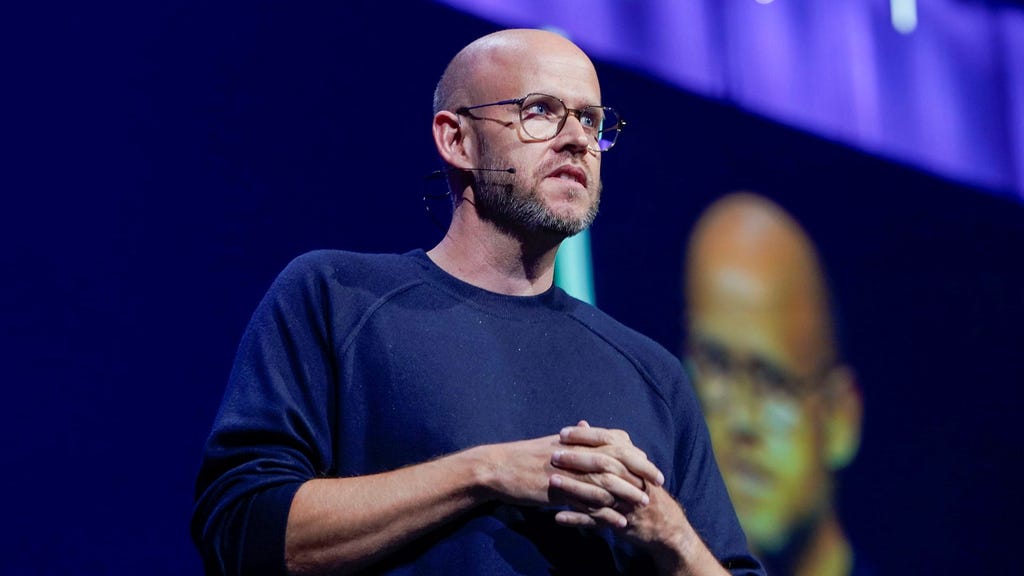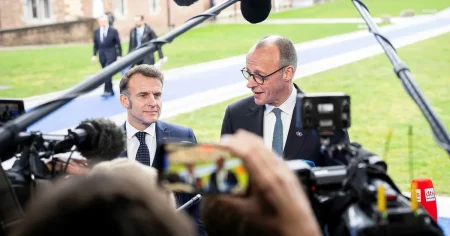The inauguration of Donald Trump as the 47th President of the United States marked a significant shift in the landscape of corporate funding for such ceremonies. A notable aspect of this inauguration was the substantial financial contribution from various tech giants, including the Swedish music streaming service Spotify. While Spotify confirmed its donation to DN, the exact amount remains undisclosed. However, other tech companies like Amazon, Microsoft, Google, Uber, and Meta each contributed a substantial sum of one million dollars. This level of corporate sponsorship highlights a growing trend of tech industry involvement in political events, raising questions about the potential influence of these companies on the political process. Furthermore, individual contributions from prominent figures like OpenAI CEO Sam Altman and Apple CEO Tim Cook, also totaling one million dollars each, further underscore the significant financial backing the inauguration received from the tech sector. Even Ericsson, a telecommunications company, contributed a substantial amount of $500,000, as reported by Dagens Industri.
This substantial financial influx from the tech sector marks a significant departure from previous presidential inaugurations. According to a Washington Post analysis, Meta, the parent company of Facebook and Instagram, did not contribute to either Trump’s 2017 inauguration or Biden’s in 2021. While Microsoft, Google, and Amazon have historically contributed to such events, their contributions this time around were notably larger. This escalation in funding raises concerns about the evolving relationship between Big Tech and the political sphere. The substantial contributions made by these companies dwarf previous donations, suggesting a growing trend of corporate influence in presidential transitions. The implications of this increased financial involvement warrant further scrutiny, particularly regarding potential access and influence these companies may gain.
The presence of prominent tech CEOs at the inauguration ceremony further emphasizes the growing interconnectedness between the tech industry and the political arena. Mark Zuckerberg, Jeff Bezos, Sundar Pichai, and Tim Cook were all in attendance, signaling the importance these companies place on maintaining close ties with the new administration. This high-level representation underscores the strategic importance of the political landscape for these tech giants. Their attendance signifies not just financial support, but also a desire to engage directly with the incoming administration, potentially shaping policy decisions that impact their respective industries.
Adding another layer of complexity to the narrative is Zuckerberg’s decision, following Trump’s victory, to abolish fact-checking on Meta’s platforms in the US. This move has drawn significant criticism, with concerns raised about the potential spread of misinformation and its impact on the democratic process. The replacement of professional fact-checking with user-generated notices, a model already employed by Elon Musk’s X (formerly Twitter), further fuels these concerns. This shift in content moderation policy raises significant questions about the role and responsibility of social media platforms in combating misinformation, especially within the context of a politically charged environment.
The fact that contributions to presidential inaugurations are not subject to the same regulations as political campaign contributions adds another dimension to the debate. This regulatory loophole allows for large sums of money to be donated without the same level of transparency and accountability required during election campaigns. This lack of oversight raises concerns about potential undue influence and the need for greater transparency in the funding of presidential transitions. The disparity between campaign finance regulations and inauguration funding underscores a potential vulnerability in the system, allowing for significant financial contributions without the same level of public scrutiny.
In conclusion, the substantial financial contributions from tech companies to Trump’s inauguration represent a significant development in the relationship between Big Tech and the political realm. The scale of these donations, coupled with the presence of prominent tech CEOs at the ceremony and the subsequent policy changes within these companies, raises important questions about the growing influence of the tech industry on the political process. The lack of regulatory oversight concerning inauguration funding further amplifies these concerns, highlighting the need for greater transparency and accountability in this area. The long-term implications of this evolving relationship between Big Tech and politics warrant careful consideration and further analysis.














